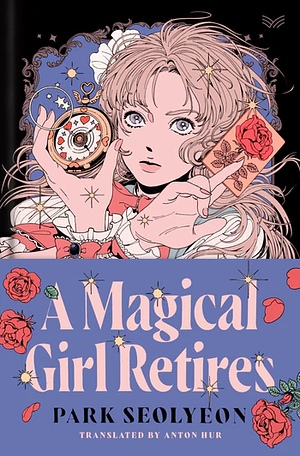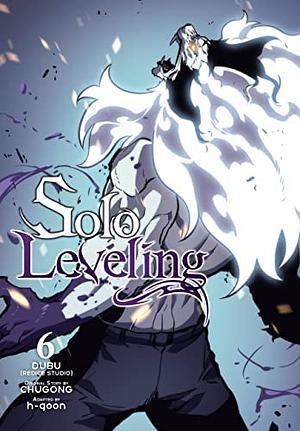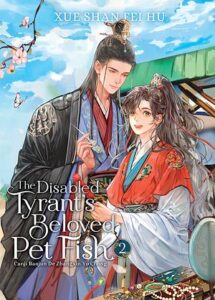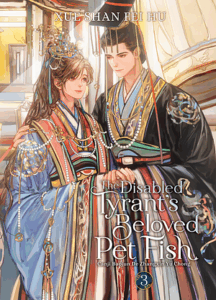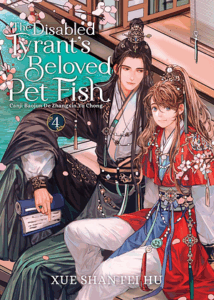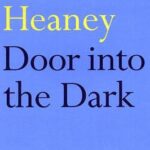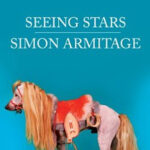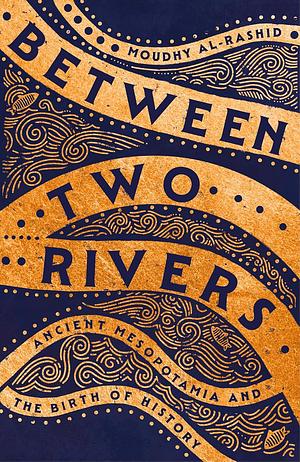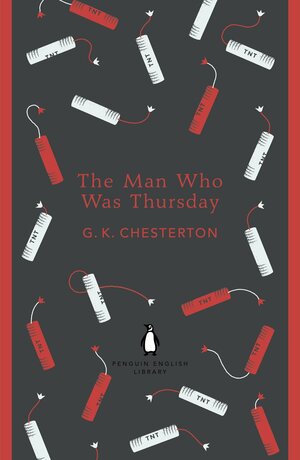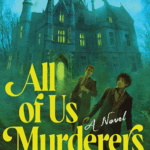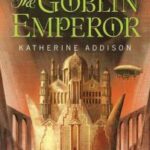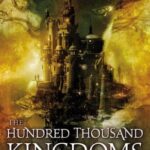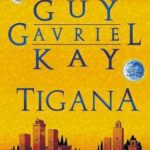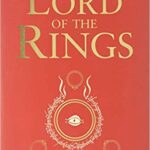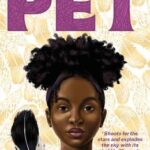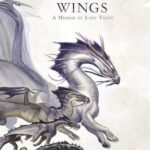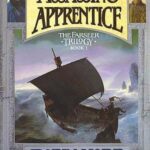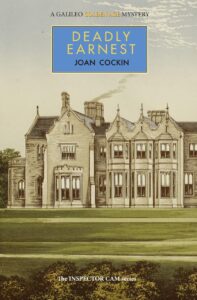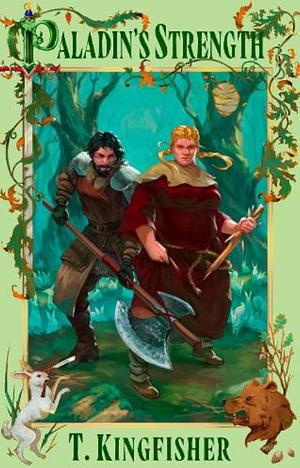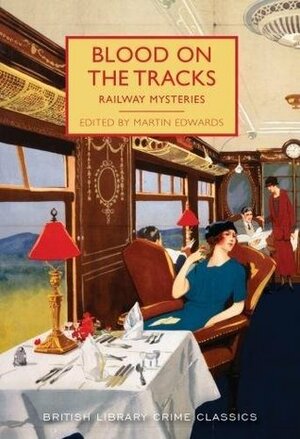
Blood on the Tracks
by Martin Edwards (editor)
Genres: Crime, Mystery, Short StoriesPages: 288
Series: British Library Crime Classics
Rating:

Synopsis:“Never had I been given a tougher problem to solve, and never had I been so utterly at my wits’ end for a solution.”
A signalman is found dead by a railway tunnel. A man identifies his wife as a victim of murder on the underground. Two passengers mysteriously disappear between stations, leaving behind a dead body.
Trains have been a favourite setting of many crime writers, providing the mobile equivalent of the “locked-room” scenario. Their enclosed carriages with a limited number of suspects lend themselves to seemingly impossible crimes. In an era of cancellations and delays, alibis reliant upon a timely train service no longer ring true, yet the railway detective has enjoyed a resurgence of popularity in the twenty-first century.
Both train buffs and crime fans will delight in this selection of fifteen railway-themed mysteries, featuring some of the most popular authors of their day alongside less familiar names. This is a collection to beguile even the most wearisome commuter.
Blood on the Tracks — edited by Martin Edwards, as usual for the British Library Crime Classics series — is a collection of stories on an apparently very specific theme: railway mysteries. And yet there’s plenty, and several novels as well that one can point to (more than one by Agatha Christie alone, as I recall!), so it’s definitely a worthy theme.
As ever, there were some stories that spoke more to me than others, but overall it’s a collection I enjoyed, including the Holmes pastiche by Knox (despite being often wary of Holmes pastiches). Reading E. Bramah’s story featuring Max Carrados made me almost resolve to write to the lecturer back at university who refused to include more diverse characters like disabled detectives/characters in the course material (“what’s next, animal detectives? This would be really scraping the barrel”) — Max Carrados being, of course, totally blind. These collections are really fun for how they dig for forgotten stories and bring them back to light.
Overall, one of the most fun collections; not just interesting because I’m interested in the genre, but with stories I enjoyed in and of themselves.
Rating: 4/5 (“really liked it”)

